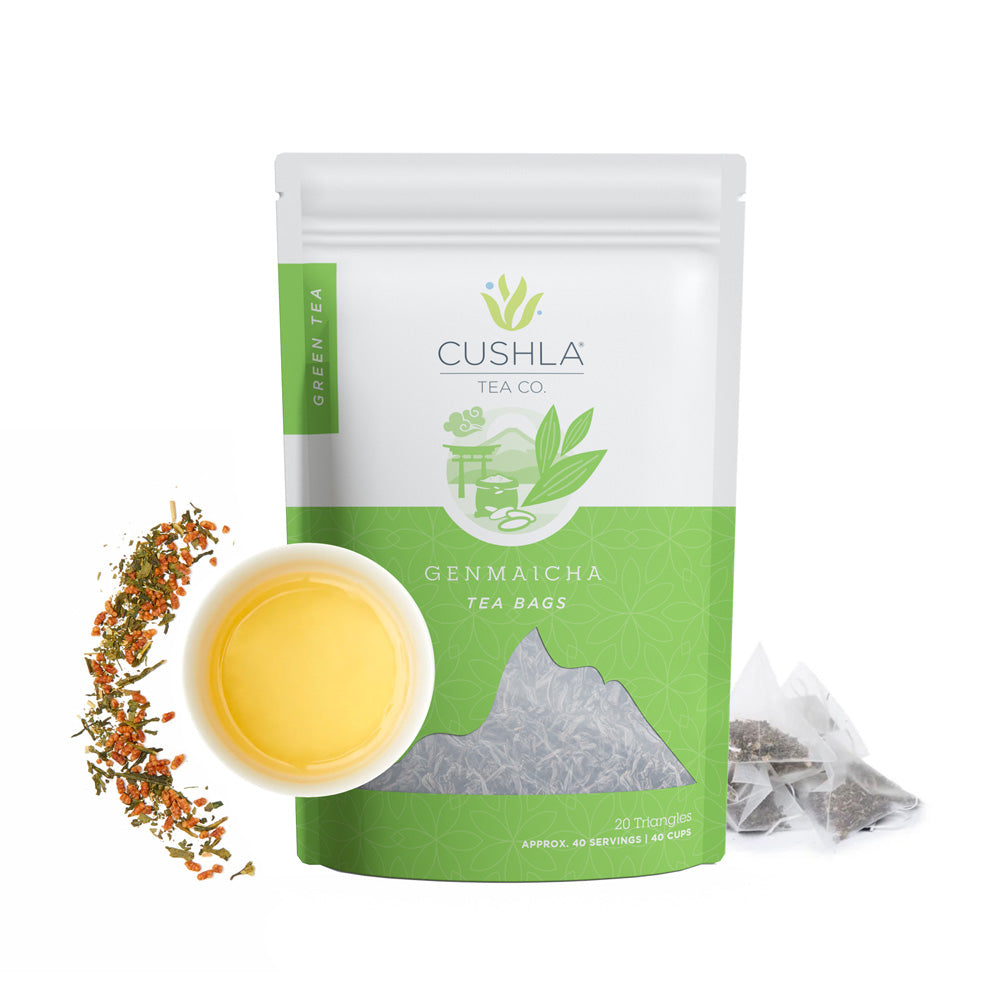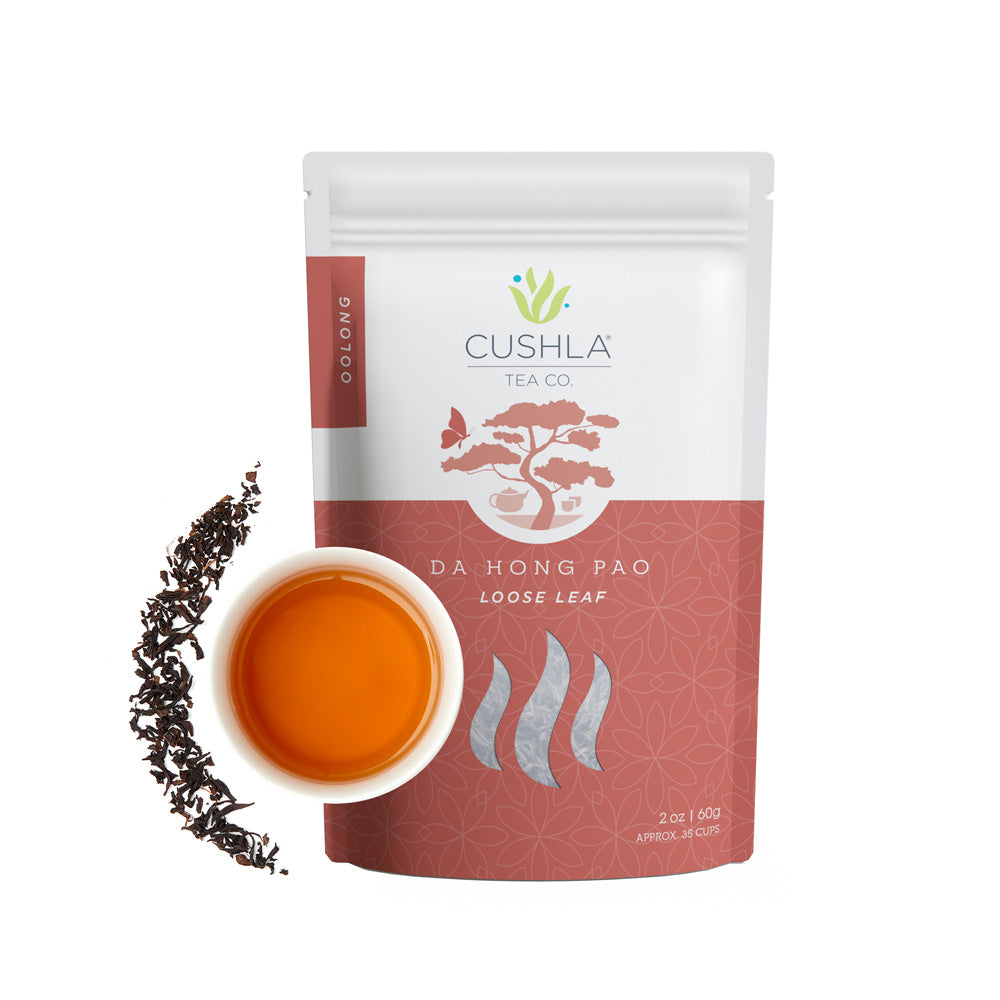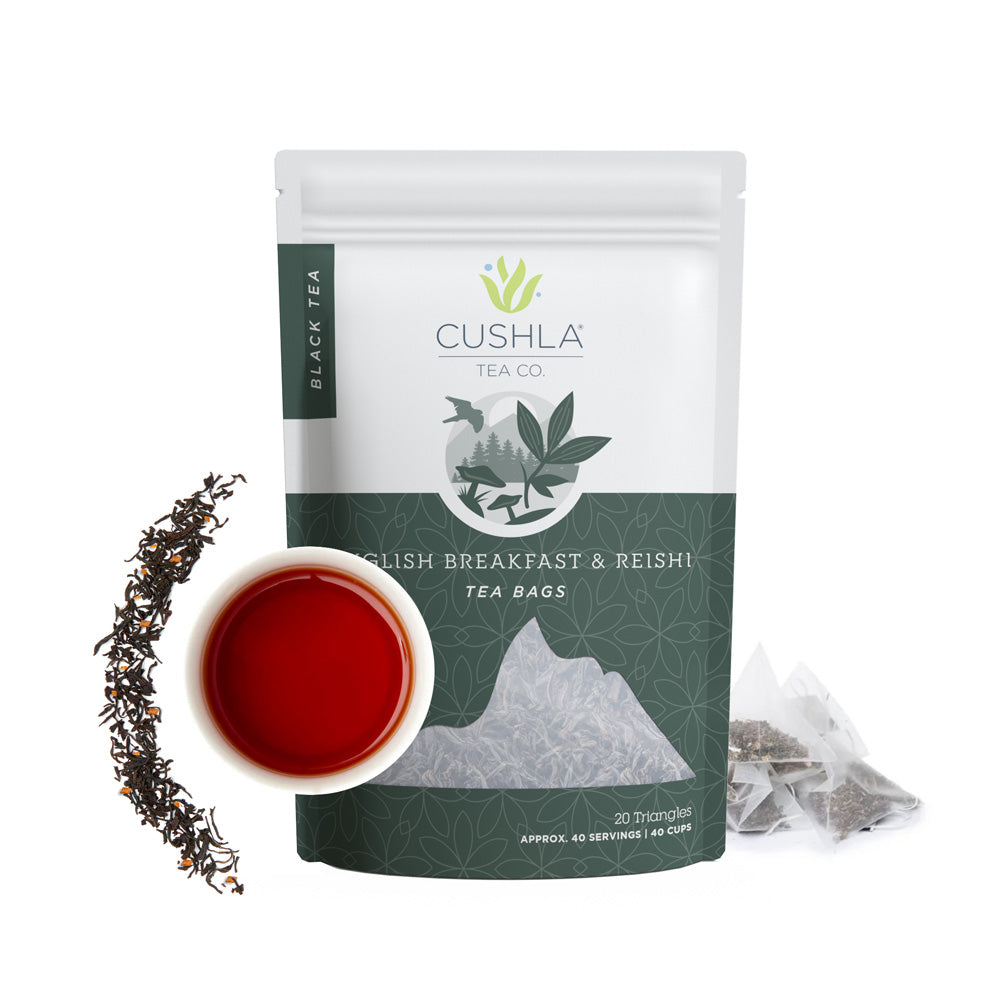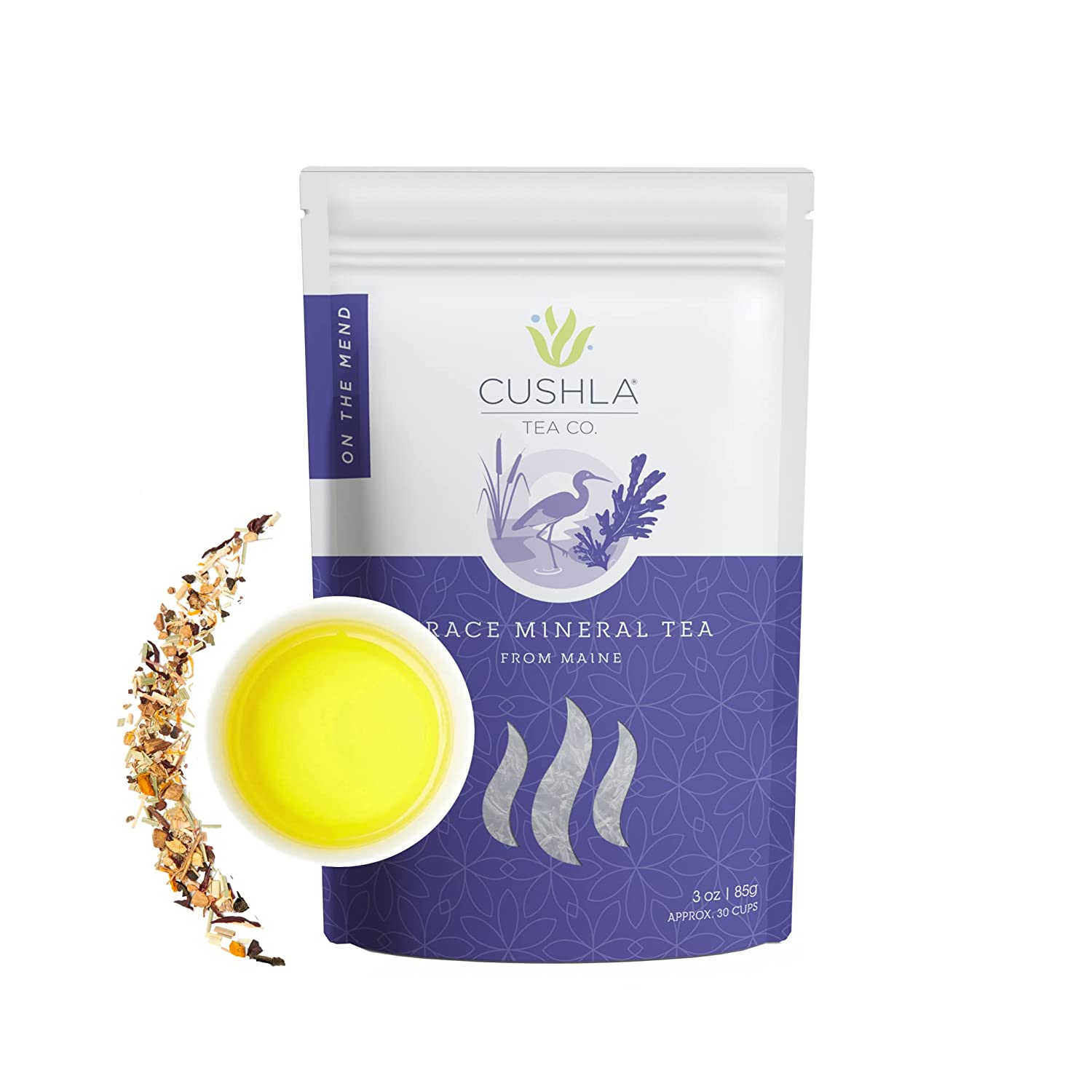For those who love the taste of green tea but want to avoid the caffeine, decaf green tea seems like the perfect solution. But does decaf green tea really live up to its name? Is it possible for green tea to be decaffeinated without losing its flavor and health benefits? And most importantly, does decaf green tea have caffeine?
The short answer to Does Decaf Green Tea Have Caffeine is: yes, decaf green tea can still have caffeine. While it’s true that the decaffeination process is designed to remove caffeine from tea, the reality is that some caffeine can still remain in the final product.
To understand why, it’s important to know a little bit about how tea is decaffeinated. There are a few different methods, but most involve steaming or soaking the tea leaves in a solvent that binds with the caffeine molecules and removes them. However, these solvents don’t just target caffeine – they can also remove other compounds that give tea its flavor and aroma.
This means that tea manufacturers have to strike a delicate balance between removing as much caffeine as possible while still preserving the taste and health benefits of the tea. And sometimes, that means leaving a small amount of caffeine in the final product.
But just how much caffeine is left in decaf green tea? The answer can vary depending on the brand and the decaffeination method used. In general, though, decaf tea contains about 2 milligrams of caffeine per 8-ounce cup. By comparison, a regular cup of green tea contains around 30 milligrams of caffeine.
So while decaf green isn’t completely caffeine-free, it does contain significantly less caffeine than regular green tea. This makes it a good choice for those who are sensitive to caffeine or who want to enjoy a cup of tea before bed without disrupting their sleep.
But there’s more to the story than just the amount of caffeine in decaf tea. It turns out that the decaffeination process can also affect the taste and health benefits of the tea.
Some tea experts argue that decaf green tea simply can’t compare to regular green tea in terms of flavor and aroma. This is because the decaffeination process can strip the tea of some of its natural oils and other compounds that give it its unique taste and aroma.
Others point out that the decaffeination process can also remove some of the health benefits of green tea. For example, many of the antioxidants and polyphenols that are responsible for green tea’s health benefits are also removed by the solvents used in the decaffeination process. This means that decaf green tea may not provide the same cancer-fighting, anti-inflammatory, and weight-loss benefits as regular green tea.
Despite these concerns, there are still plenty of reasons to enjoy decaf green. For one thing, it’s a great alternative for those who are sensitive to caffeine or who simply want to reduce their caffeine intake. It can also be a good choice for those who enjoy the taste of green tea but want to avoid the jitters or sleep disruption that can come with caffeine.
If you’re a fan of green tea but want to try decaf, it’s important to choose a high-quality brand that uses a gentle decaffeination process. Look for brands that use a water-based or carbon dioxide-based method, as these are generally considered to be the most effective and least harmful to the tea.
Decaf tea can be a great option for those who want to enjoy the taste and health benefits of green tea without the caffeine. While it’s true that decaf green tea can still contain small amounts of caffeine, it’s significantly lower than the amount found in regular green tea. So go ahead and enjoy a cup of decaf green tea without worrying about disrupting your sleep or feeling jittery. Just be sure to choose a high-quality brand and keep in mind that decaf green tea may not have all the same health benefits as regular green tea.
In the end, whether you choose regular or decaf green is a matter of personal preference. Both have their pros and cons, and both can be a delicious and healthy addition to your daily routine. So sit back, relax, and enjoy a cup of green tea – with or without caffeine!






